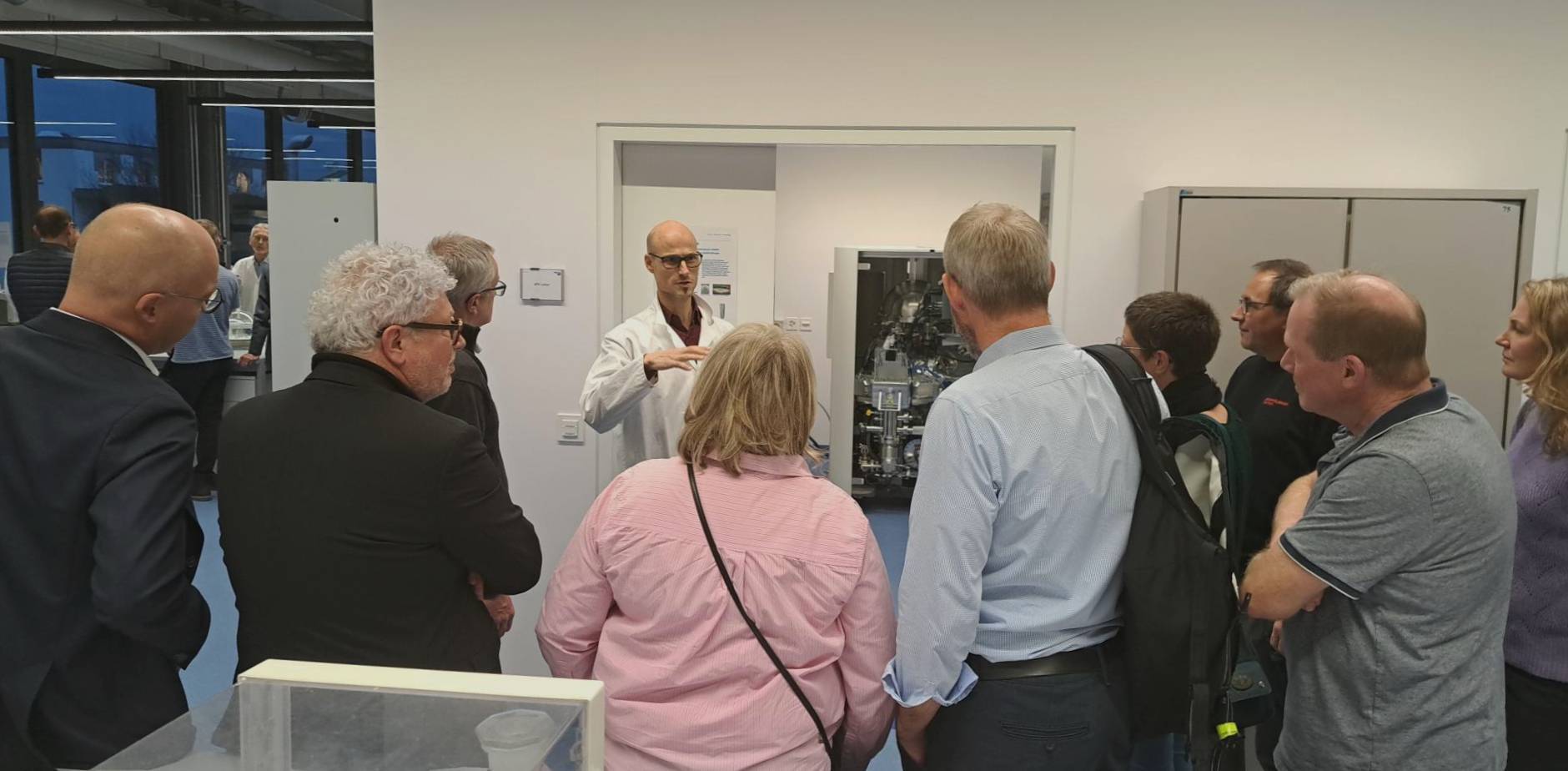RMS Foundation
Robert Mathys-Strasse 1
2544 Bettlach
Switzerland
Phone +41 32 644 2000
Technical cleanliness refers to the control of contaminants in technical components, particularly in the automotive, aerospace, electronics and medical technology industries. These contaminants can consist of particles that get onto the parts during production, assembly or transportation. Monitoring technical cleanliness is crucial to ensure the service life, functionality and safety of products.
We can further analyze any detected particles using methods such as SEM/EDX or FTIR.
Whenever possible, we carry out our testing services in accordance with or based on these international standards:
Technical cleanliness testing can be used for technical components in the automotive, aviation, electronics and medical technology industries, among others:
Suitable samples: Solid samples made of metal, plastic or ceramic.
Sample specifications: Samples must be supplied packaged.
Measuring range/options: The measuring range covers particle sizes from 10 - 10'000 µm.We can test products with and without packaging. Contact us and we will discuss your individual problem.
We have many years of experience and extensive knowledge in the field of technical cleanliness. Contact us so that we can show you further possibilities and methods of particle analysis.
RMS is an ISO/IEC 17025 accredited analytical laboratory (accreditation type C). The tests according to VDA 19 and ISO 16232 are validated and accredited.
Thomas Imwinkelried
Dr. sc. EPFL, Certified Materials Engineer EPFL
Senior Scientist
+41 32 644 2018
Since 1995, the services of our materials testing laboratory have been accredited according to ISO/IEC 17025. Our QM system is ISO 9001 certified.
Here you will find our latest blog posts.

RMS Foundation
Robert Mathys-Strasse 1
2544 Bettlach
Switzerland
Phone +41 32 644 2000
E-Mail
The RMS Foundation will be closed from 24 December 2025 through 2 January 2026. We will be pleased to assist you again from Monday, 5 January 2026.
Subscribe to our Info-letter, and we will inform you about 10 times a year about current developments in the fields of material testing, research, and knowledge transfer.